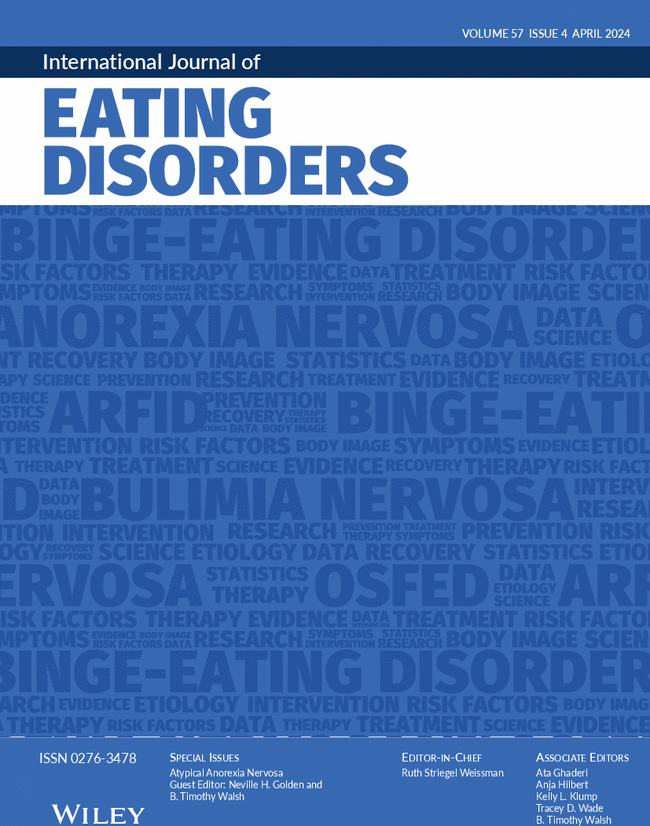Operational Police Stress Is Associated With Disordered Eating in Police Officers
Abstract
Objective
Police officers are under high operational stress and are at high risk for stress-related mental health disturbances. However, little research has investigated disordered eating in this population. In this study, we compared disordered eating symptoms between male and female police officers, examined the association between operational police stress and disordered eating symptoms, and explored body mass index (BMI) and sex as potential moderators of these associations.
Method
The participants consisted of 476 police officers from North Carolina, United States. Operational police stress was assessed using the Operational Police Stress Questionnaire, and disordered eating symptoms were assessed using the Eating Pathology Symptoms Inventory. Weight and height were measured by trained staff.
Results
Compared with female officers (n = 149), male officers (n = 325) scored significantly higher on binge eating, excessive exercise, muscle building, and negative attitudes toward obesity, and lower on body dissatisfaction, cognitive restraint, restricting, and purging. After adjusting for BMI and sex, significant positive associations were found between operational police stress and all disordered eating symptom subscales, except for excessive exercise. No association was significantly moderated by BMI or sex.
Discussion
Disordered eating is an understudied yet critical concern among stressed police officers, affecting both males and females. Targeted prevention and intervention strategies, such as regular screening during physical exams, could enable early detection of disordered eating symptoms in this high-stress occupation group.

 求助内容:
求助内容: 应助结果提醒方式:
应助结果提醒方式:


